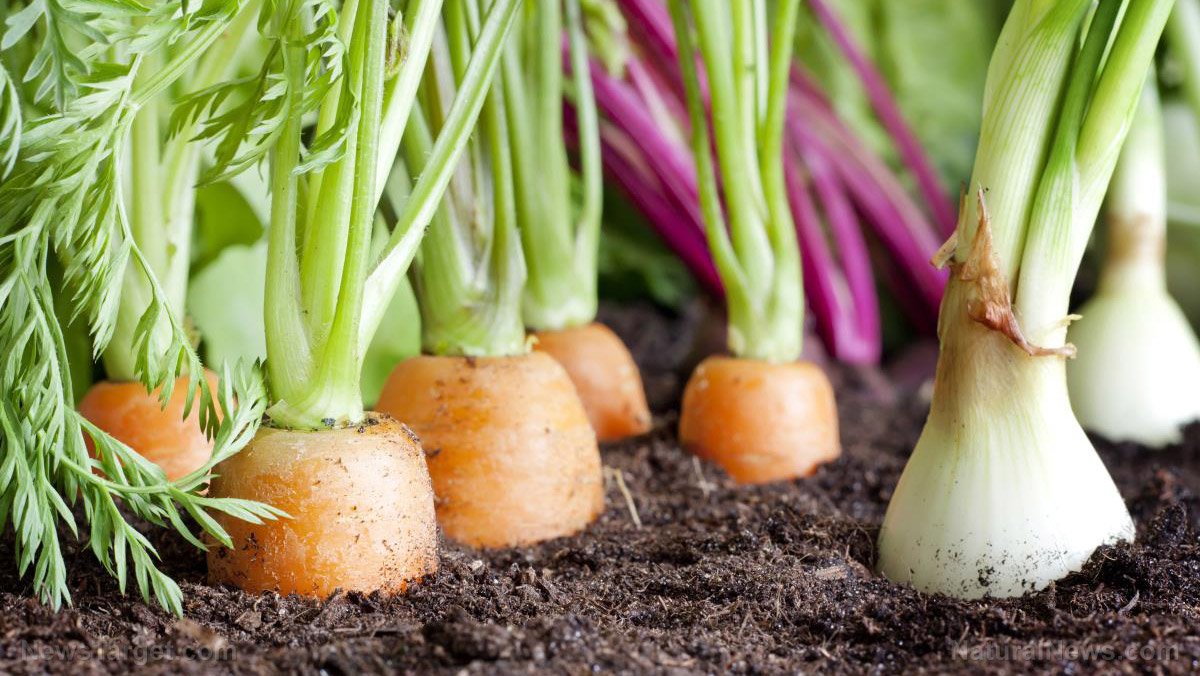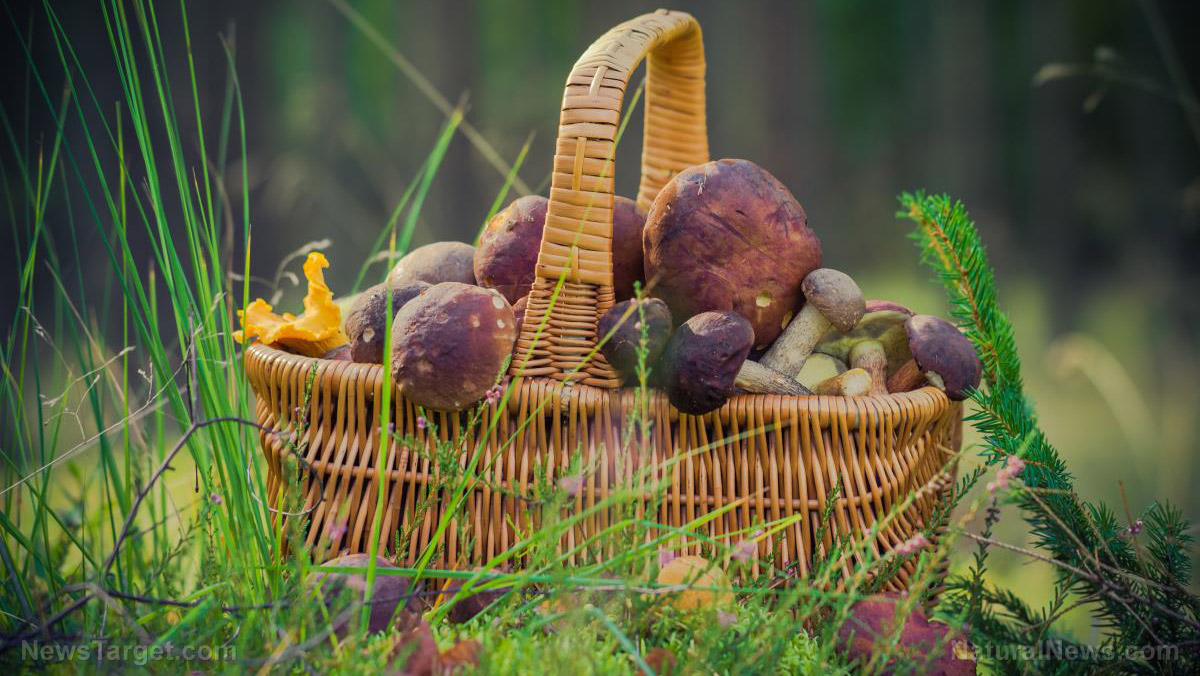
Advertisement
Growing medicinal herbs might seem like a difficult task – at first. In reality, you don’t need to be a seasoned veteran to understand how to grow a few basic medicinal herbs right from the get-go.
By growing your own herbs at home, you can save a lot of time and money.
Homegrown herbs for your medicinal needs
For millennia, people have used plants for various medicinal purposes. In fact, many of today’s modern medicine comes from plant extracts – which contain bioactive compounds, vitamins and nutrients that support your overall health.
Growing your own herbs is also a fantastic way to address health problems naturally. Freshly harvested herbs are quite inexpensive to care for, easy to grow and could treat a myriad of illnesses. Many herbs can be used to treat a myriad of illnesses, but it’s always best to start out simple.
Below you can find a list of five healing herbs you can add to your garden today.
Basil
This Italian herb is often used in cooking as a garnish or an additive to elevate the flavor of certain dishes. A particular dish it’s famous for is pesto.
From a medicinal standpoint, basil harbors several health benefits ranging from anti-cancer properties to even inflammation relief.
This herb is rich in beta-carotene, an organic compound that the body converts into vitamin A. This vitamin is primarily used to promote healthy vision, cell growth and even immune system function.
Basil has also been known to be a good medicinal herb for stress relief. They contain compounds such as adaptogens that help the body address both emotional and physical stress.
Thyme
Part of the mint family, you can probably recognize this herb from your spice rack. But there is much more to this herb than meets the eye. Its most active ingredient, thymol, is a compound found to have plenty of effects on the body. This includes preventing fungal and viral infections, thus, giving your immune system a rightful boost.
Thyme also contains antioxidants, vitamins and minerals – all of which have beneficial effects on the heart. Manganese and potassium, however, are the main proponents of heart health. The latter is classified as a vasodilator, which can reduce stress in the cardiovascular system by relaxing the blood vessels.
Sage
While it may not give you the wisdom and mental fortitude of a well-versed old man, this culinary staple can still provide a lot of other health benefits.
Sage is known to support oral health due to its antimicrobial effects. In a study published in the Iranian Journal of Microbiology, researchers used a sage-based mouthwash and found that it was effective at neutralizing and killing Streptococcus mutans, a bacteria responsible for dental plaque.
This herb can also be used to benefit menopausal women. A study published in the International Journal of Medical Research and Health Sciences showed that sage extract could significantly reduce the severity, duration and frequency of hot flashes, night sweats and other common symptoms of menopause.
Nettle
Stumbling across a stinging nettle plant when out on a walk would often lead to an intense pain similar to needles pricking your skin. But don’t let this reaction fool you: This infamous plant still harbors a surprising amount of health benefits.
This stinging plant can be used to flush out harmful bacteria from the urinary tract, which is particularly beneficial for those with urinary conditions.
A study published in the Iranian Red Crescent Medical Journal found that taking nettle extract can reduce the number of clinical symptoms found in men with benign prostatic hyperplasia than those who didn’t.
Ironically enough, stinging nettle can also be used to relieve muscle pain, especially pain related to arthritis. According to the Arthritis Foundation, tea made from nettle can reduce inflammation, aches and pains caused by osteoarthritis.
Marigolds
These orange and yellow flowers can probably be already found in your backyard. Marigolds are packed with antioxidants that ward off the harmful effects of free radicals – unstable molecules that damage DNA and potentially cause cancer cells to grow and spread. According to scientists from Washington State University, marigolds contain an antioxidant called lutein that reduced and prevented tumors from spreading in laboratory mice.
In addition, marigolds also harbor anti-inflammatory properties, which can help relieve irritated skin, scrapes and even burns.
There’s more to gardening than just being aesthetically pleasing, it can also provide long-lasting benefits that could support your health.
Sources:
IJMRHS.com [PDF]
Advertisements







